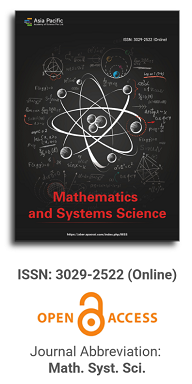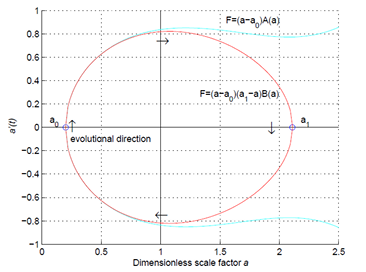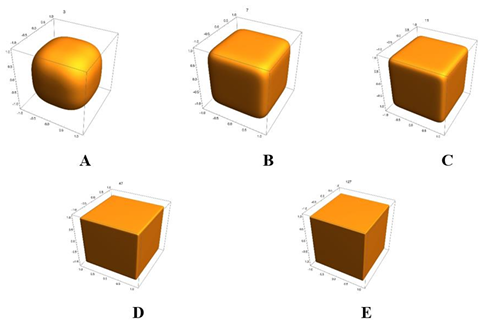


The new concept of ternary logic and the problems of its implementation
Vol 3, Issue 2, 2025
Download PDF
Abstract
The article deals with the problem of ternary logic, in which, except for the states “yes” and “no” (inherent in the traditional binary logic), is introduced the “third state” U—“Unknown”, and also addresses the issues of technical and mathematical problems that arise in this case. To do this, the ternary logic of Stephen Kleene has been corrected, and the implementation of ternary calculations using probabilistic polynomials over the field of real numbers has been proposed. The authors analyze the process of the addition of the “third state” to binary logic, in that regard the approach of Stephen Kleene, who introduced an “indefinite state”. But the authors judge it necessary to introduce also the negation of the “indefinite state” and suggest a way to replace logical functions with probabilistic polynomials based on the field of real numbers, which are conveniently calculated on modern hardware, for example, in video card processors. Terms of the ternary logic can be useful for the implementation of new artificial intelligence projects that model the operation of thinking with uncertain results, while the transition to probabilistic functions can expand the capabilities of such models and simplify the analysis of errors that occur during the operation of artificial intelligence systems.
Keywords
References
- Available online: https://en.wikipedia.org/wiki/Three-valued_logic (accessed on 10 November 2024).
- Cobreros P, Égré P, Ripley D, van Rooij R. Foreword: Three-valued logics and their applications. Journal of Applied Non-Classical Logics. 2014; 24(1–2): 1–11. doi:10.1080/11663081.2014.909631
- Kleene SC. Mathematical logic.-M.: URSS Publishing Group. Series: Physical and mathematical heritage: mathematics (foundations of mathematics and logic). URSS Publishing Group; 2008. p. 480.
- Shcherbakov A, Uryadov A. A philosophical and technical view of artificial consciousness. Wearable Technology. 2023; 4(1): 2498. doi: 10.54517/wt.v4i1.2498
- Halamizer A.Ya. Mathematics guarantees a win. Moskovsky Rabochy; 1981. p. 248.
- Available online: https://en.wikipedia.org/wiki/Exclusive_or (accessed on 10 November 2024).
- Available online: https://en.wikipedia.org/wiki/Floating-point_unit (accessed on 10 November 2024).
Supporting Agencies
Copyright (c) 2025 Author(s)
License URL: https://creativecommons.org/licenses/by/4.0/
Editor-in-Chief

Prof. Youssri Hassan Youssri
Cairo University, Egypt
Asia Pacific Academy of Science Pte. Ltd. (APACSCI) specializes in international journal publishing. APACSCI adopts the open access publishing model and provides an important communication bridge for academic groups whose interest fields include engineering, technology, medicine, computer, mathematics, agriculture and forestry, and environment.


.jpg)

.jpg)
